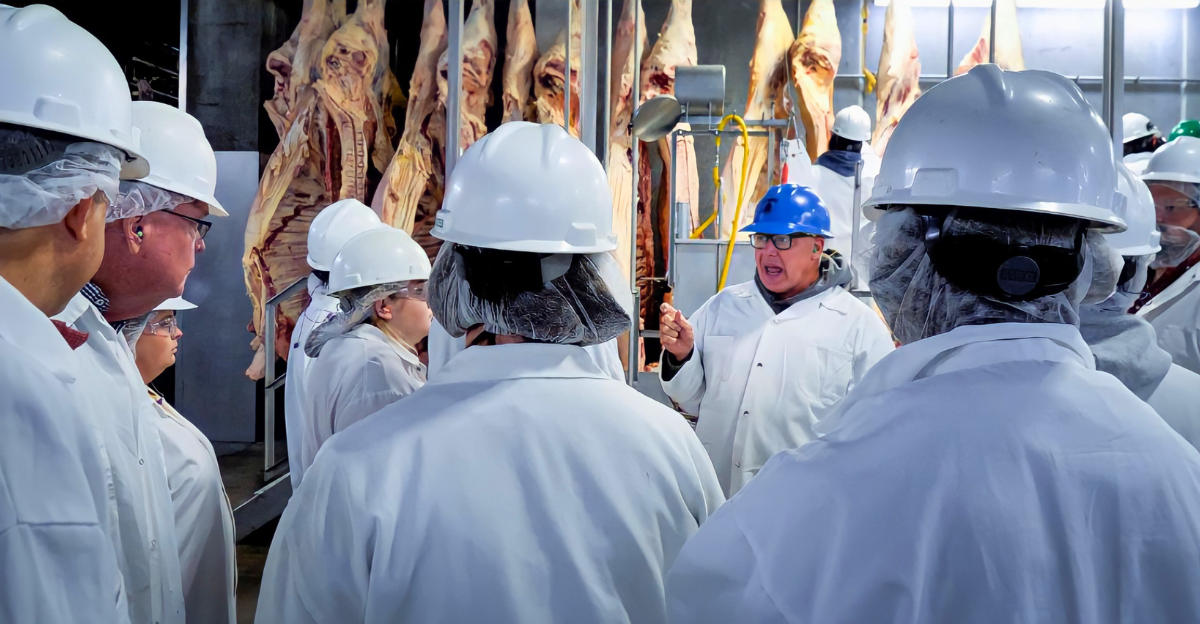
An Iowa meatpacking plant unexpectedly let go of 200 immigrant workers from four countries, sparking community problems and production concerns.
The terminations affected 10% of the facility’s workforce and forced families to leave immediately. This led to local officials scrambling to address the economic fallout as the industry’s reliance on foreign-born labor showcased significant challenges.
Crisis Deepens

Immigrant workers comprise 45% of meatpacking employees across the United States, according to the American Immigration Council. Iowa’s industry employs over 28,000 workers, with foreign-born employees filling critical roles.
The sudden workforce reduction threatens production stability in America’s top pork-producing state, where meat processing contributes $15.4 billion annually to the economy.
Industry Backbone
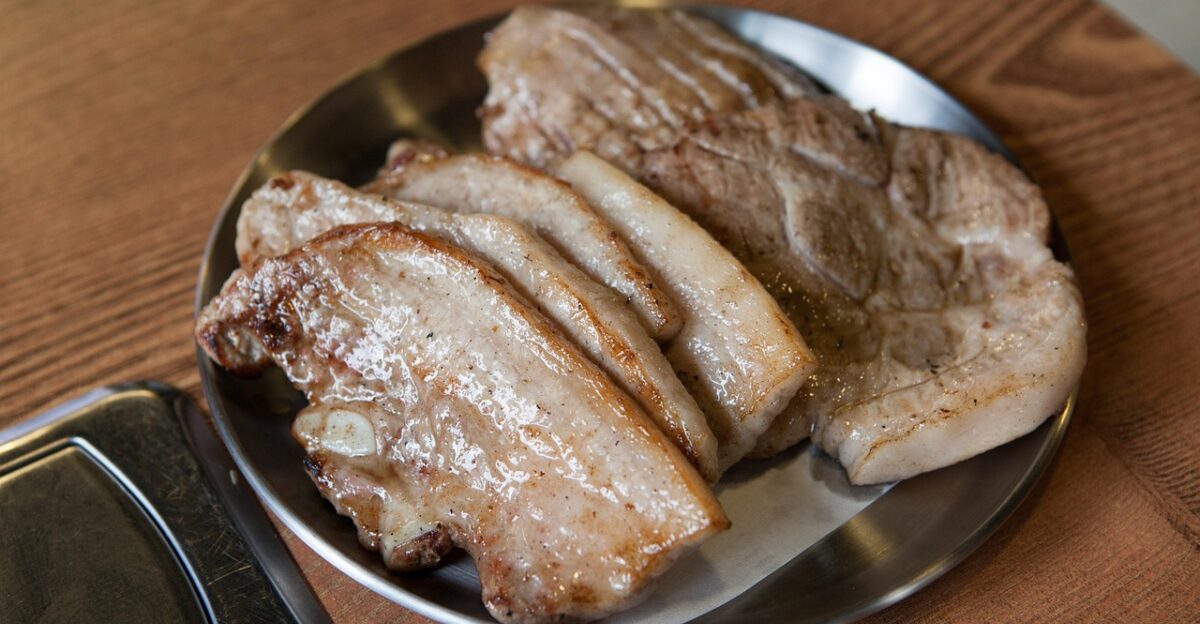
Iowa produces 33% of America’s pork supply, processing over 25 million hogs annually through facilities like JBS Ottumwa. According to the Iowa Pork Producers Association, the state’s pig farms support 120,000 jobs statewide.
Meatpacking plants have historically relied on immigrant labor due to the physically demanding work and rural locations.
Federal Pressure

The Trump administration has intensified immigration enforcement across agricultural sectors. Workplace raids have ramped up recently, with one example being at Nebraska’s Glenn Valley Foods, where 76 workers were detained, reducing beef production to 20% capacity.
Industry executives report widespread concern about immigration policies creating staffing challenges, according to employment surveys.
Main Event

On July 15, 2025, JBS terminated 200 workers at its Ottumwa, Iowa, plant after their work visas were revoked following Supreme Court rulings. Their work authorization was tied to either TPS or CHNV humanitarian parole status.
The workers had entered the U.S. legally under these humanitarian programs but lost their legal status when the Trump administration successfully terminated the programs through the courts, forcing immediate departure from the country, according to the World Socialist Web Site.
Community Impact
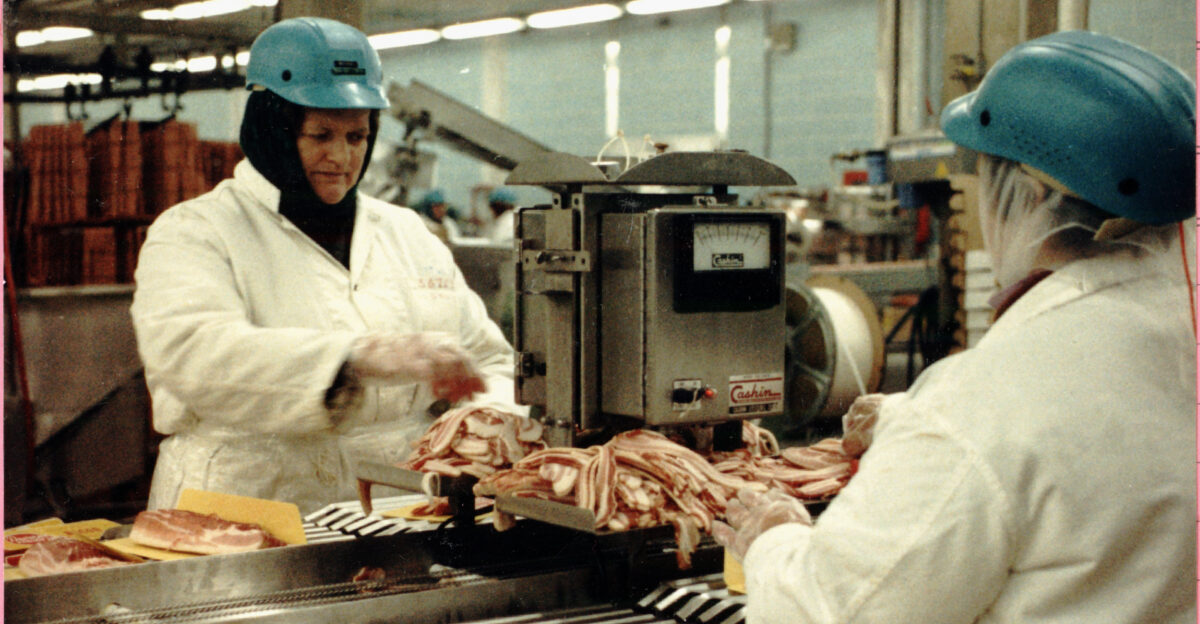
Mayor Rick Johnson expressed concern about the community impact during the July 15 Board of Health meeting.
“A lot of these people are trying to find homes. It’s going to be interesting, to say the least, to see how that all turns out. So, please keep those people in your thoughts,” Johnson said, according to KTVO.
Union Response

United Food and Commercial Workers representative Brian Ulin described the situation.
“In the 23 years I’ve been doing this, this is the first time I’ve ever seen it happen. But, with the current political climate, nothing surprises me,” Ulin told KTVO reporters.
Production Disruption

The suspension of hard workers has disrupted production at meatpacking factories. According to industry capacity data, JBS Ottumwa processes approximately 18,400 hogs daily.
The sudden 10% workforce reduction threatens production schedules and supply chain stability. According to multiple reports, the federal government offered $1,000 in self-deportation assistance to terminated workers.
Industry Vulnerability
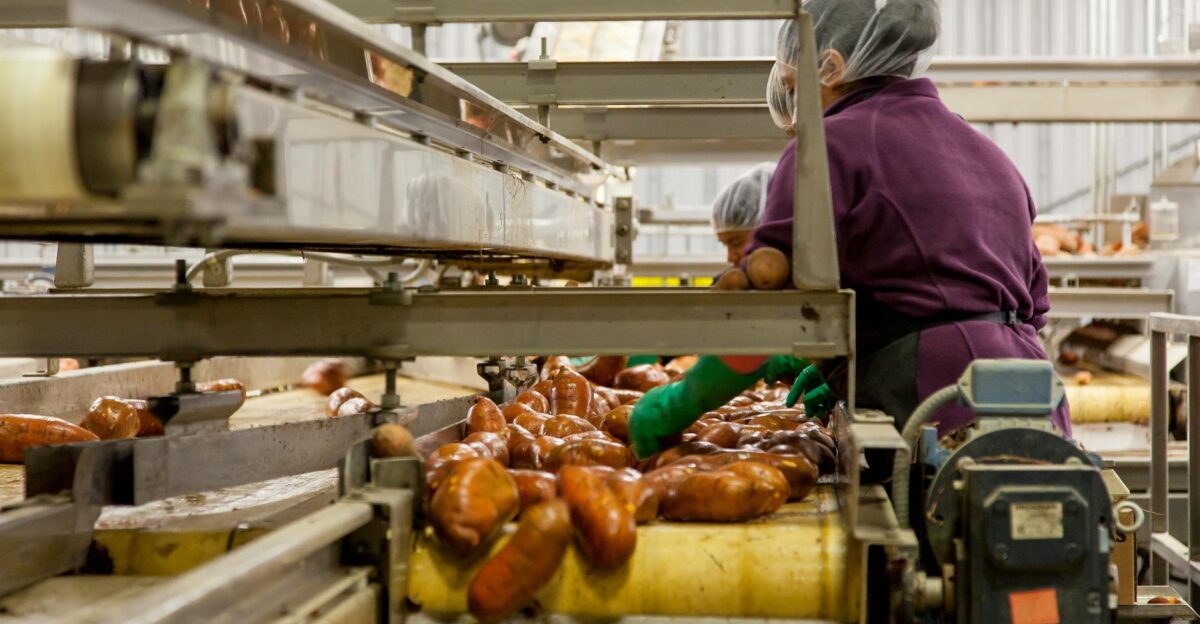
According to Roosevelt Institute research, 42% of Iowa’s meat-processing workers are foreign-born.
Labor shortages at meatpacking factories are having effects that are not isolated to any one region. The USDA forecasts a 2.1% decline in beef production for 2025. Beef prices have risen significantly year over year as workforce challenges mount.
Legal Precedent

The Supreme Court’s May 19 and May 30, 2025, rulings ended programs affecting approximately 530,000 individuals nationally.
This marks the first broad-based TPS termination since the program’s creation in 1990. The JBS layoffs represent the largest mass visa termination at the facility in over two decades.
Corporate Response

With the attention that the layoffs garnered, JBS gave a statement to reporters.
Following the layoffs at JBS, the company stated, “We are communicating to any impacted employees that if their status changes or they have different documentation to share, they are eligible for reinstatement and/or rehire,” according to KTVO’s report on the company’s response.
Political Reaction
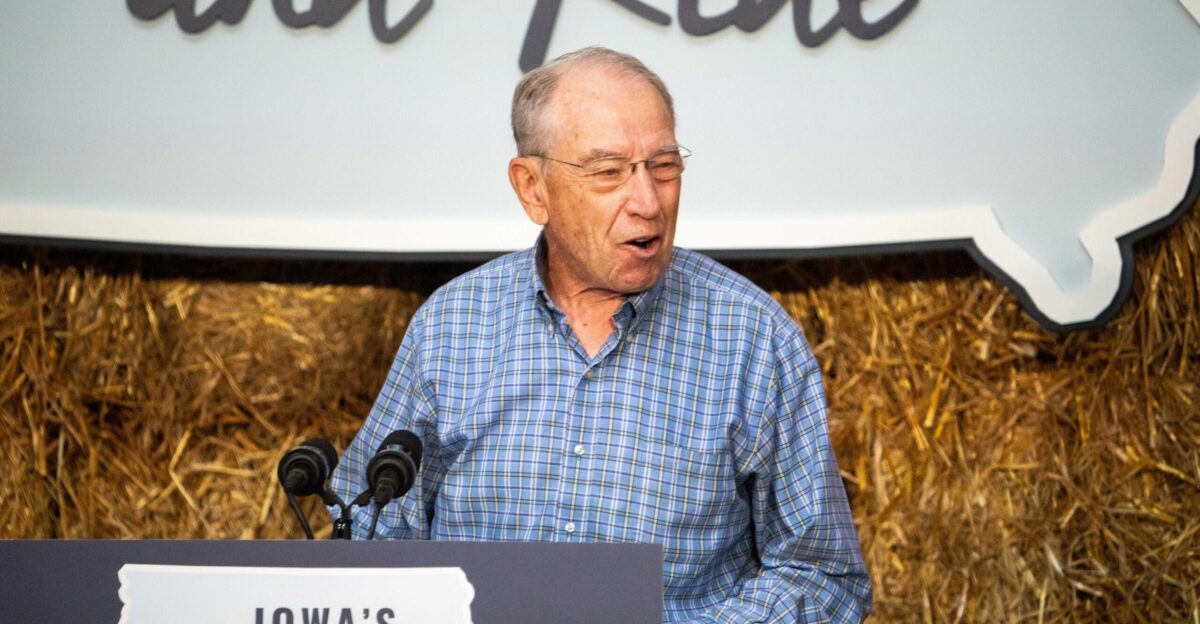
According to Radio Iowa, Senator Chuck Grassley has called the actions “very significant” for southeast Iowa.
“From reports, it sounds like these workers were staying in the United States through a Temporary Protective Status program. It’s obvious by its name this program was meant to be temporary,” Grassley stated.
Recovery Concerns

JBS now has a large void left by terminated employees. However, it has not announced any immediate action to start hiring.
The company’s $100 million Hometown Strong program continues community investments, though local officials worry about long-term economic stability. Industry experts suggest processors may accelerate automation projects to address workforce gaps.
Community Leader
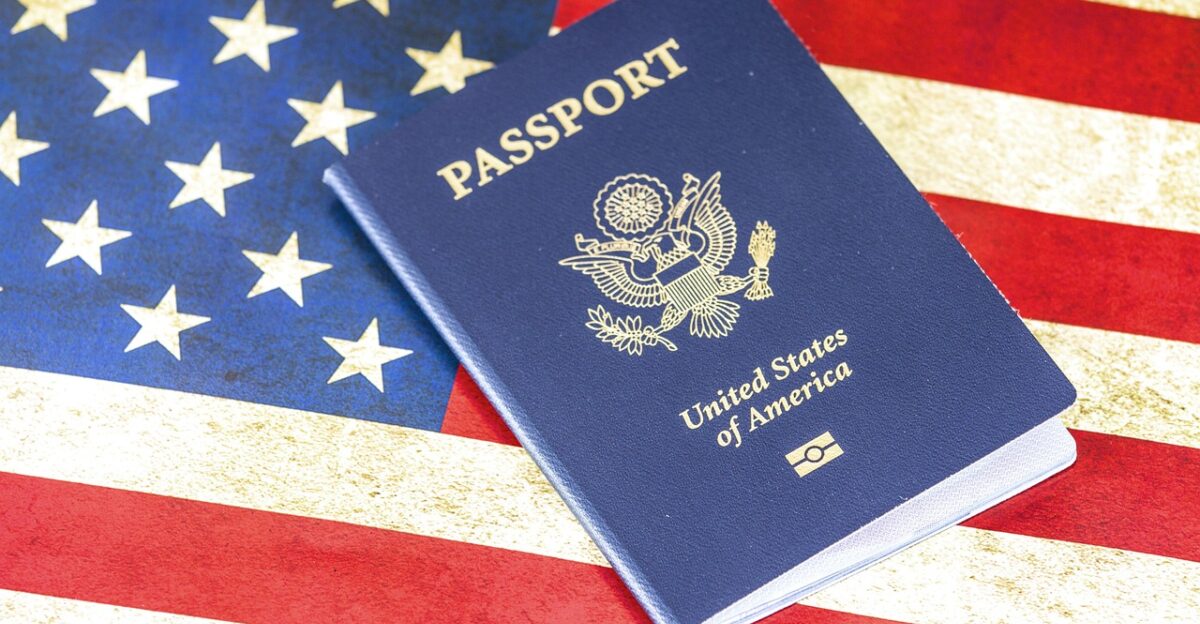
Paulina Ocegueda, vice president of Ottumwa’s League of United Latin American Citizens, warned of a broader economic impact.
“Economically, this will be a very big burden for all of us. If you think about it, 200 people being let go from a manufacturer like JBS is very harmful,” she told KTVO.
Future Questions

After JBS’s mass visa revocations, other companies could follow suit. As immigration enforcement intensifies, the meatpacking industry faces fundamental questions about workforce sustainability.
With Iowa producing one-third of America’s pork supply, can the industry maintain production levels while navigating federal immigration policies?